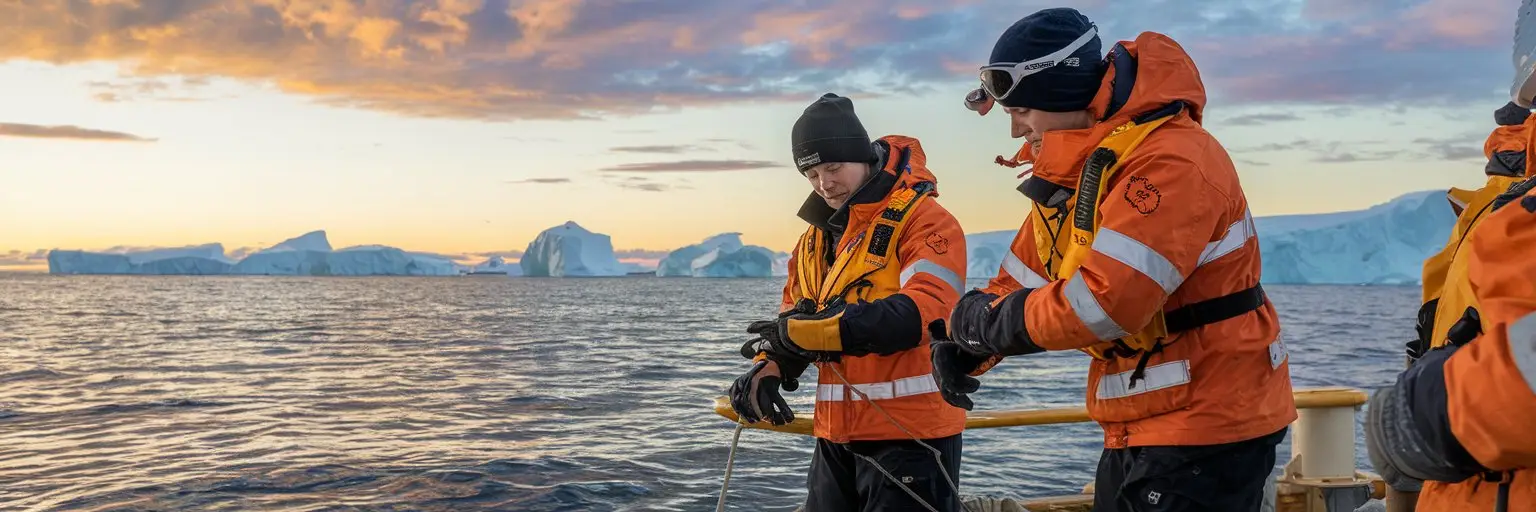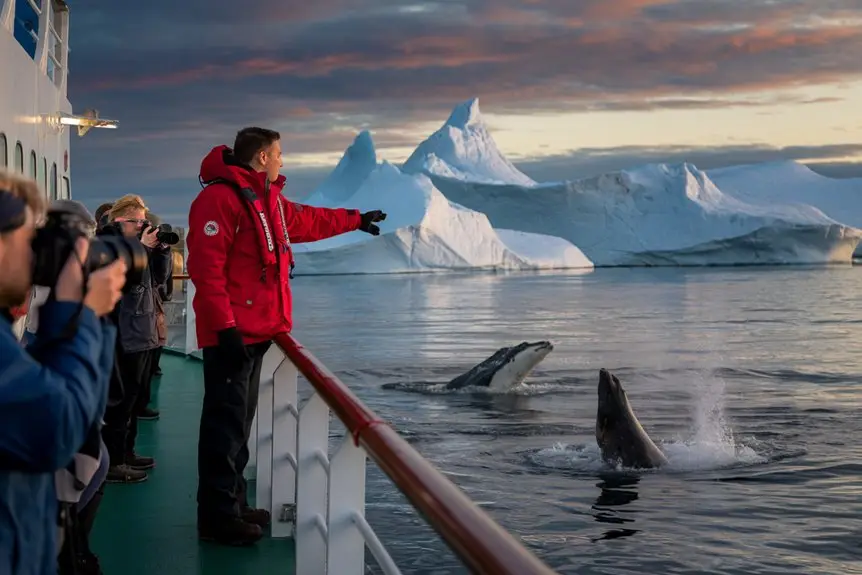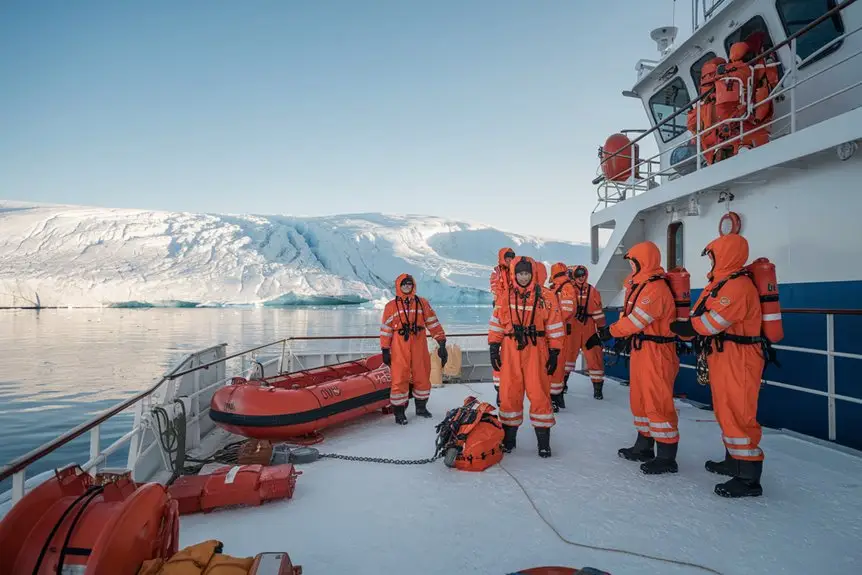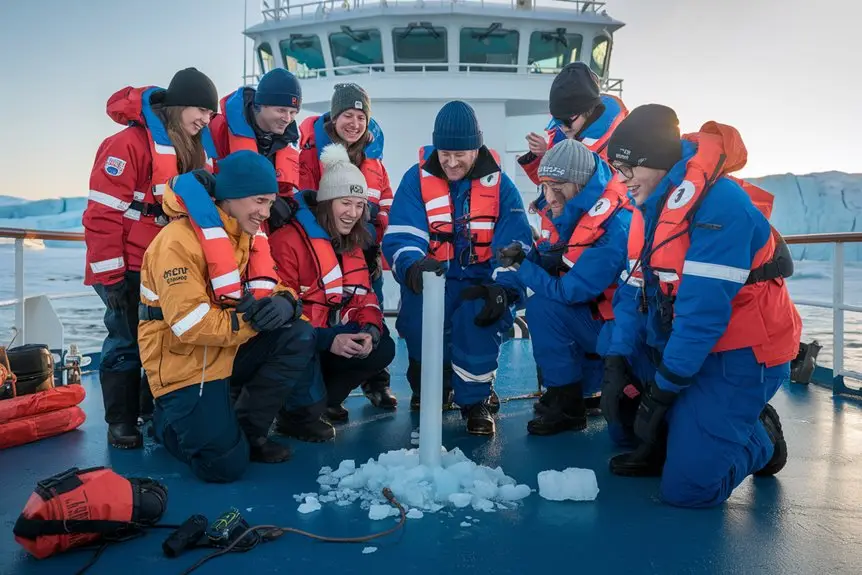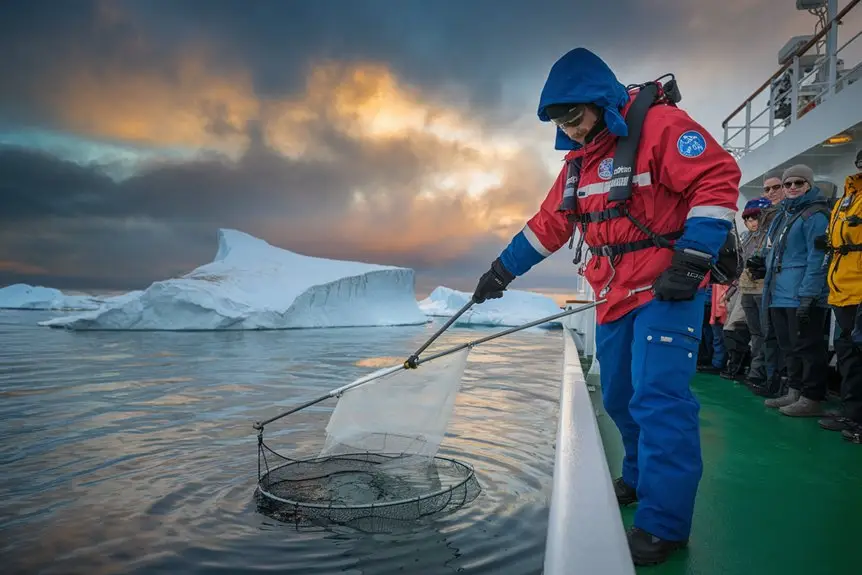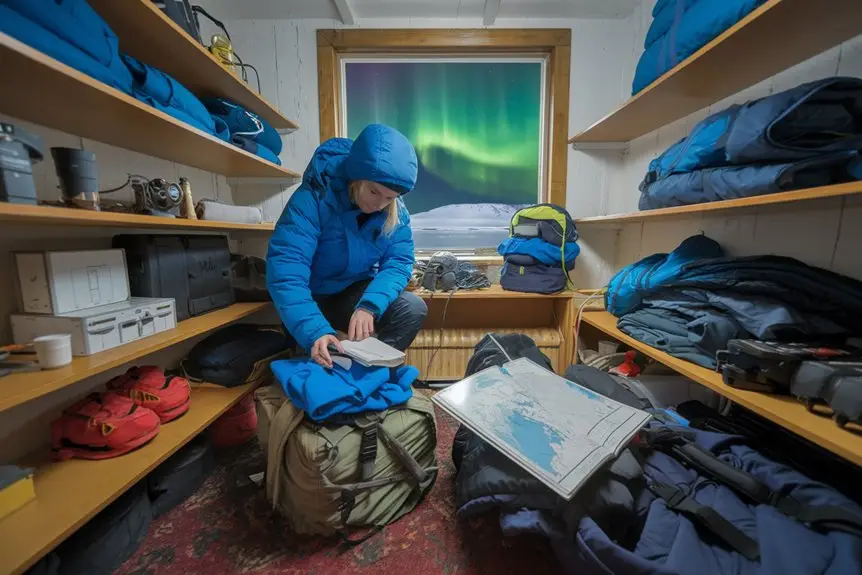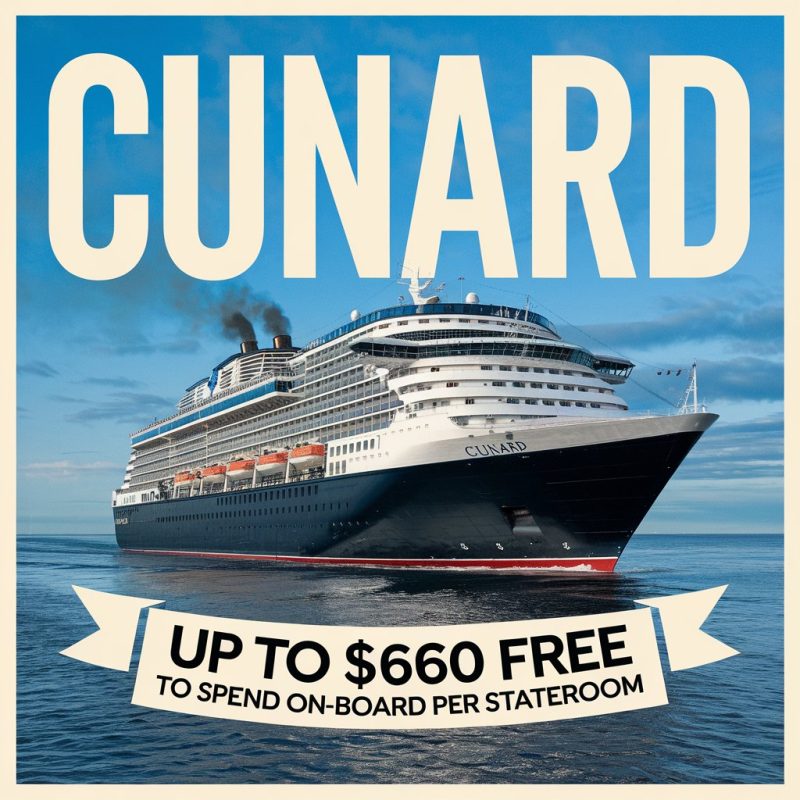Your polar cruise combines adventure with learning through practical activities at sea. You can work with marine experts and polar specialists to conduct actual research, including tracking whales and collecting water samples. You’ll learn key safety measures and survival skills for cold environments before joining daily sessions about ocean protection and Antarctic rock formations. You get hands-on experience using Zodiac boats and taking part in citizen science projects, which helps you understand polar wildlife and their habitats better. Your involvement supports important polar research whilst you explore these remote areas. The programme gives you meaningful ways to learn about and help protect these unique environments.
For other Life Onboard a Polar Expedition Ship check out our Life Onboard a Polar Expedition Ship Guide page.
🐧 Polar Cruise Enquiry 🐻❄️
Our team of polar travel specialists have personally explored both the Arctic and Antarctic regions – from tracking polar bears in Svalbard to kayaking with penguins off the Antarctic Peninsula. Let us find the right polar expedition cruise for you.
Key Takeaways
- You’ll learn from expert guides who share exciting facts about marine life and polar science throughout your cruise.
- You can join real research projects where you’ll track whales, collect water samples and study ice cores alongside scientists.
You’ll attend daily sessions to discover fascinating topics like:
- Antarctic rock formations
- Ocean wildlife protection
- How glaciers develop and move
You’ll get practical safety training to help you stay safe in cold conditions and watch wildlife responsibly.
You can become a citizen scientist by helping research teams gather data, giving you hands-on experience with polar studies whilst contributing to important scientific work.
Expert Insights at Sea
Expert learning opportunities exist on every polar cruise, turning your voyage into an engaging classroom at sea.
You’ll learn from qualified instructors including Senior Polar Guides, marine biologists, and experienced educators.
Your onboard experience combines practical research with hands-on learning. You’ll contribute to real scientific projects by collecting water samples, tracking whale movements, and monitoring seabird populations.
Expert talks help you understand the polar environment. You’ll discover how glaciers form, why wildlife behaves in certain ways, and what makes these regions unique.
Photographers teach you to capture the perfect shots, while historians share stories of polar exploration.
You can join daily workshops and discussion groups that match your interests. Whether you’re passionate about marine conservation or Antarctic geology, you’ll find opportunities to deepen your knowledge whilst supporting vital polar research.
The informal learning setup lets you ask questions freely and interact with experts throughout your journey.
Every day brings new chances to learn about the polar regions in practical, meaningful ways.
Safety First Training
Getting ready for your polar cruise starts with essential safety training. You’ll master key skills for polar environments in a step-by-step process.
Your training covers:
- Emergency equipment handling
- Survival craft operations
- Ice safety protocols
- Cold weather protection methods
- Immersion suit use
- Group equipment management
You’ll learn practical techniques to:
- Prevent hypothermia
- Navigate icy conditions
- Communicate during emergencies
- Protect the polar environment
If you’re joining expeditions, you’ll also learn:
- Polar bear safety measures
- Wildlife watching guidelines
- Emergency response steps
Throughout your journey, you’ll take part in refresher sessions to keep your safety skills sharp.
The training meets STCW and OPITO standards, ensuring you’re well-prepared for your polar adventure.
Hands-On Learning Experiences
You’ll learn directly from expert guides on your polar cruise through practical, hands-on activities. You can join real science projects, examine sea life in the ship’s labs, and help with wildlife research during Zodiac boat trips.
Expert talks happen daily in the ship’s theatre, where you’ll meet marine biologists, historians and ice specialists.
On deck, you’ll practise wildlife photography and discover how ships navigate through ice. The ship’s research stations let you work with students and use scientific equipment to study the ocean.
You can join workshops to learn about climate science, local history and native peoples.
The ship’s library offers books about polar regions, whilst fun ocean-learning activities help you understand marine science better.
See what’s on offer from the Polar Cruise Dining Experience for a different Life Onboard a Polar Expedition Ship.
Research and Citizen Science
Get involved in real polar research through citizen science programmes on expedition ships. You can join research projects like whale tagging and phytoplankton studies alongside scientists from Woods Hole Oceanographic Institution and the University of Tasmania.
You can help collect vital data about ice cores, wildlife patterns and ocean conditions. No scientific background is needed – these activities welcome all guests.
You’ll learn directly from researchers who share their findings about climate change and polar ecosystems through talks and group discussions.
If you’re studying at university, you can earn academic credits by taking part in graduate research projects focused on polar science.
The programmes make complex research accessible and meaningful, letting you contribute to important scientific discoveries during your voyage.
Pre-Trip Polar Preparations
Getting ready for your polar cruise requires preparation several months ahead. Start with a full health check and stock up on your medicines, including seasickness tablets.
Focus on building your fitness – aim to walk daily and strengthen your core. A good fitness benchmark is walking two miles comfortably and managing several flights of stairs.
Your essential paperwork needs organising. You’ll need:
- A current passport
- Travel insurance with emergency evacuation cover
- Completed health forms for your cruise provider
Pack your gear with these polar essentials:
- Waterproof clothing
- Thermal layers
- Polarised sunglasses
- High-factor sunscreen
Keep digital and paper copies of your documents in separate places.
Take time to read through your cruise operator’s pre-departure guide thoroughly. These steps will help you feel confident and prepared for your polar adventure.
Frequently Asked Questions
What Languages Are the Educational Programs Typically Offered In?
Educational programmes are available to you in English and French as primary languages. You can also access guides in German, Italian and Dutch. Most programmes run in English as the default language.
Are There Age Restrictions for Participating in Onboard Educational Activities?
Onboard educational activities welcome guests of all ages. You can join most sessions freely with your children, though some lectures work best for kids aged 8 and above. Your child’s interest level and maturity will help you decide which activities suit them best.
Can Passengers Receive Academic Credit for Completing Expedition Educational Programs?
You cannot earn academic credits through expedition educational programmes. These programmes focus on enriching your travel experience and personal learning rather than providing formal academic qualifications. Whilst the activities are educational, they operate separately from traditional academic institutions and credit-bearing coursework.
How Strong Must Internet Connectivity Be to Participate in Digital Learning?
Your digital learning experience requires these internet speeds:
Basic digital learning: 5 Mbps minimum download speed
Video lessons and interactive sessions: 10-15 Mbps download speed
You can check your current speed by visiting speedtest.net. If your connection drops below these speeds, you may face:
- Frozen video screens
- Audio delays
- Failed file downloads
- Disconnections from live sessions
To maintain a smooth learning experience, connect your device directly to your router via ethernet cable when possible. If you must use Wi-Fi, position yourself close to your router for the strongest signal.
Are Educational Materials and Resources Provided After the Expedition Ends?
You’ll continue learning after your expedition through several key resources:
- Digital libraries with expedition-related content
- Structured follow-up learning activities
- Online community connections with fellow explorers
- Teaching materials from trusted polar education sources
Access these resources through:
- PolarTREC platform
- Palmer LTER website
- EducaPoles learning centre
The materials help you share your experiences and build on your polar knowledge long after your journey ends.
Thinking about something different? Check out the Polar Cruise Wellness Options.
🐧 Polar Cruise Enquiry 🐻❄️
Our team of polar travel specialists have personally explored both the Arctic and Antarctic regions – from tracking polar bears in Svalbard to kayaking with penguins off the Antarctic Peninsula. Let us find the right polar expedition cruise for you.

